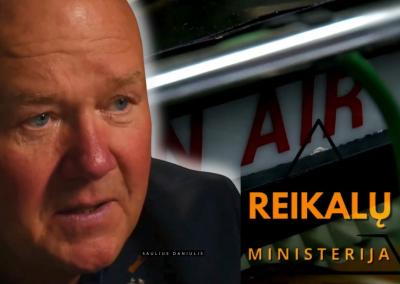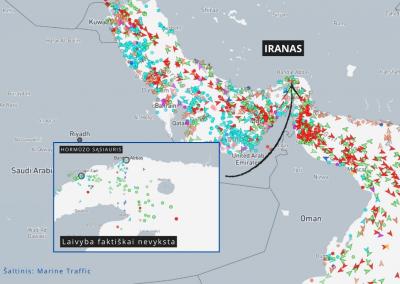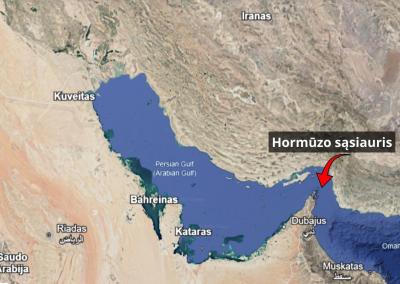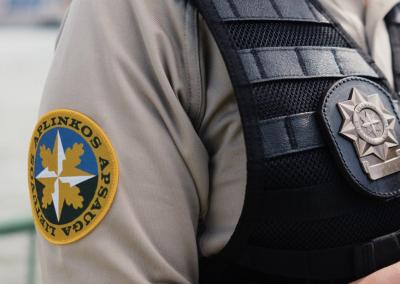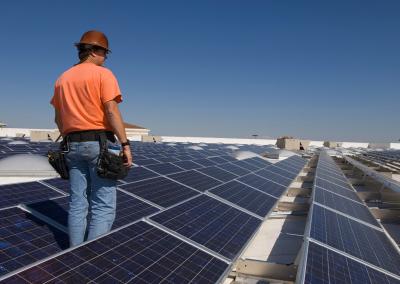Ministry of the Environment: access to water bodies is free for all
As the bathing season gets underway, the National Land Authority (NLA) reminds you that all persons have the right to free access to water bodies (ponds, lakes, rivers). Access must not be blocked, obstructed or otherwise restricted. At the same time, people must comply with certain legal requirements.
The law clearly establishes the obligation of owners or users of land adjacent to water bodies to allow other persons access to water bodies.
The shoreline of a water body must be kept free of obstructions of 5 metres from the shoreline of the water body. If the land is marshy or on a steep slope (escarpment) for the first 5 metres from the shoreline of the water body, the passage shall be provided at a greater distance from the water so that a strip of land at least one metre wide is suitable for persons to pass along the shoreline of the water body.
Not only rights but also duties
In addition to the right to use water bodies, the legislation also imposes certain obligations on recreational users: they must not pass through private yards or plots of land, use people's lawfully erected porches and other private infrastructure, disturb public order, litter, etc. without the permission of the owner, and must not go near the body of water.
Access to the body of water must be by means of public roads, access roads, or access roads which have been granted to other persons by easement.
If the part of the unenclosed shoreline chosen for camping is marked with information (an information sign of a form recommended by the Governmental Authority) stating that the land is privately owned, persons camping independently on the unenclosed shoreline without the landowner's consent may only do so during daylight hours: not earlier than one and a half hours before sunrise and not later than one and a half hours after sunset.
The Protected Areas Act provides not only for the right to camp on a private shoreline, but also for the obligation to clean it up. The Act states that the right of persons to use and stay on the shoreline without obstruction is inseparable from the duty to ensure that the environment at the place of stay is not polluted by waste and that waste present there is collected and removed or disposed of.
The driving or parking of motor vehicles shall be restricted to existing roads, streets, car parks and residential yards.
The Code of Administrative Offences of the Republic of Lithuania provides for a warning or fines for violation of the regime of protection and use of the protection zones or coastal protection zones of surface water bodies. State supervision in this area is exercised by officials of the Department of Environmental Protection.
































